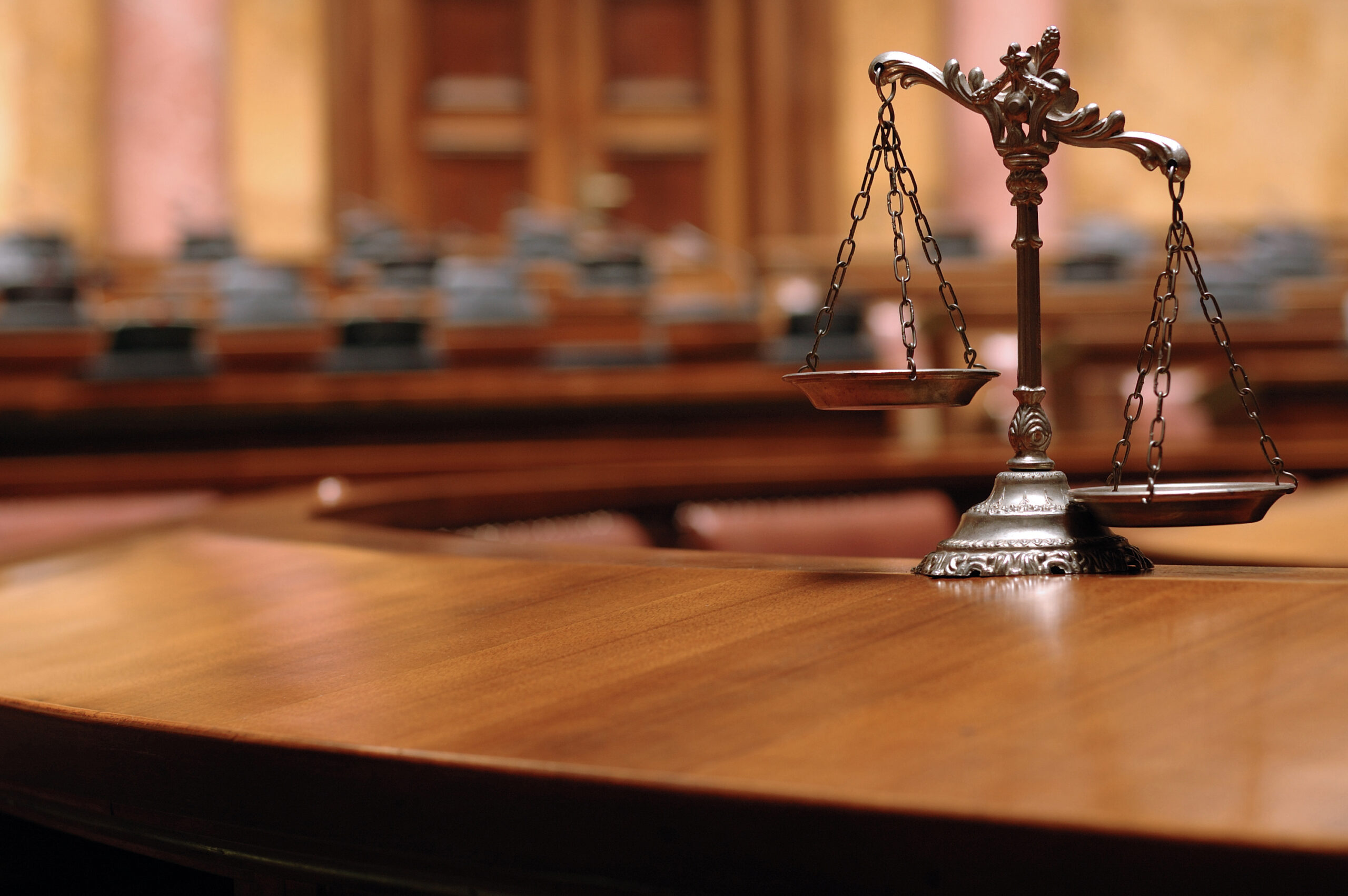“Climate action is a legal duty”. A letter to governments signed by over 30 organizations warns.
For the first time, plaintiffs and organizations suing their countries for insufficient climate targets have joined forces to showcase the growing movement of climate lawsuits challenging governments’ responses to the climate crisis.
As a first step, united under the “Climate Trials” campaign, they have sent a letter to governments around the world stressing that even if governments fail to deliver on their promises at this climate summit, they will be held to account by the power of the law.
Currently, nearly 200 countries are gathering in Sharm El Sheikh, Egypt to address the world’s most urgent issue—the climate crisis. For almost thirty years, governments have committed to securing a safe future for all countless times. While progress has been made, the world is heading towards warming with fatal consequences. A summer of extreme heat in Europe, floods in Pakistan, as well as droughts in East Africa show that every fraction of a degree of warming puts humanity at immense risk.
We're joining forces with 25 organisations worldwide to let governments know: climate action is a legal duty. If they continue to fail us, lawyers and activists will turn to the courts to demand accountability. #ClimateTrials
Read our open letter: https://t.co/cYq974wiNC pic.twitter.com/D0YHrw5t6A— ClientEarth (@ClientEarth) September 27, 2022
Since the ruling of the Dutch Urgenda case, from the US to Germany to South Korea to Nepal, activists and lawyers around the world have been turning to courts to demand more ambitious climate action. Today over eighty cases challenging governments’ responses to the climate crisis have been filed.
And they are winning. Out of the nine cases challenging national-level policies that have been heard by the highest courts so far, seven have been ruled in favor of stronger climate action. German climate activist Luisa Neubauer’s case is just one of the many examples that forced governments to ramp up emissions cuts.
Meanwhile, other cases are awaiting hearings or pending decisions. In several countries – like South Korea, Canada, and Italy – young people have filed lawsuits against their governments for failing to safeguard their futures. In Australia, two First Nations elders have brought a case against the Australian government for failing to protect them and their ancestral lands in the face of rising sea levels and extreme weather events. They bring the claim on behalf of their people, who have lived in the Torres Strait Islands for over 65 thousand years. Uncle Paul and Pabai are currently roaming the corridors of COP27 to remind governments of their legal duties.
As international lawyers point out: each of these cases strengthens the precedent for future lawsuits. That is why future climate litigation trends suggest that governments should anticipate the emergence of legal duty and act to protect their people imminently.
So as COP27 nears its final days, governments must note the legal risk they face, when failing to meet the targets of the Paris Agreement. As the climate trials letter states, the choice is clear:
“If you continue to fail us, we will continue to turn to the courts to demand accountability.”





